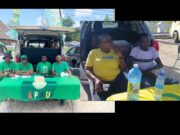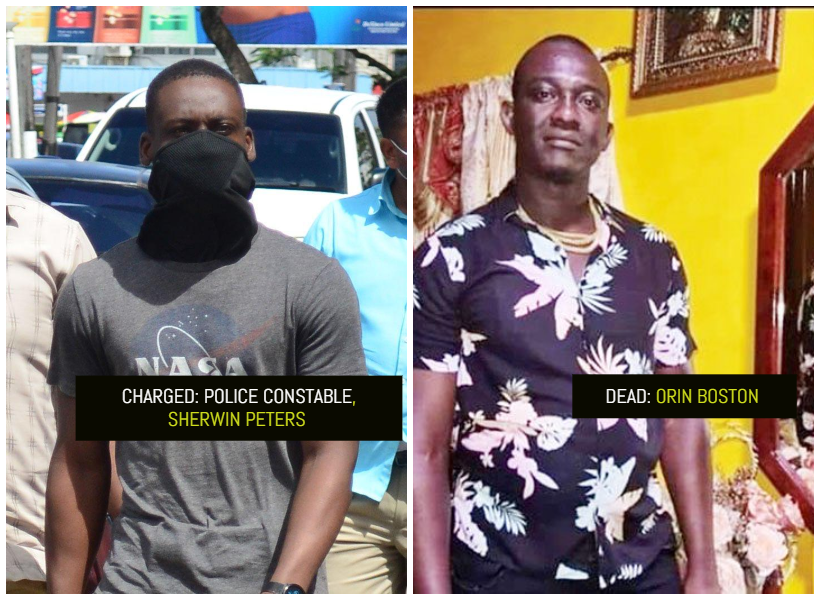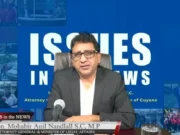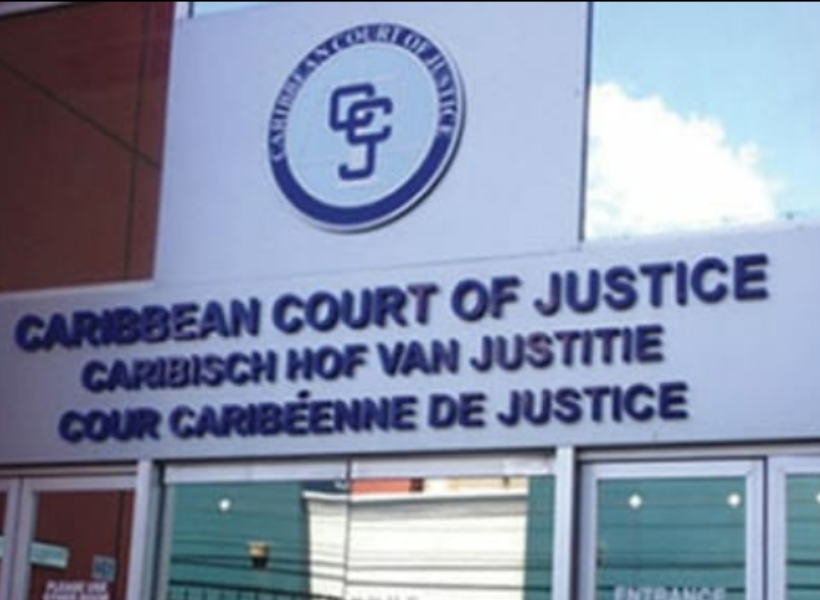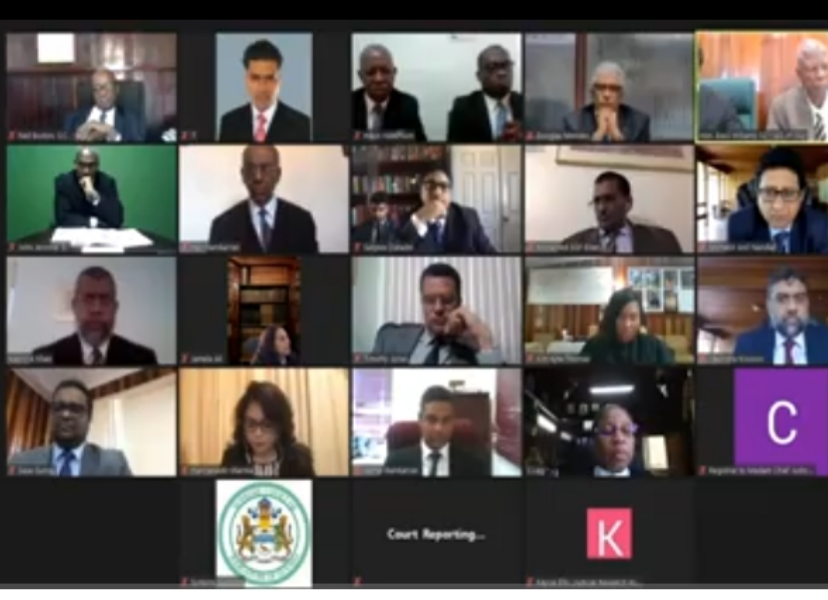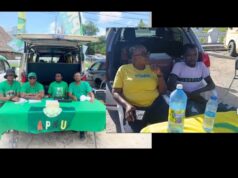The common thread in the arguments presented today before Chief Justice Roxanne George is that the matters raised by the applicant, Misenga Jones, are res judicata and that the High Court has no jurisdiction. Those who walked that line of contention include the Chair of the Guyana Elections Commission, Justice (R’td) Claudette Singh, and the People’s Progressive Party Civic. Small parties who were also named respondents had similar arguments.
Meanwhile, lawyers for the Chief Elections Officer and A Partnership for National Unity (APNU) argued that the standard for res judicata has not been met, given that the matters were brought by different litigants.
Jones, a supporter of the APNU+AFC, is seeking to have the High Court stop the Chairman from declaring the results of a national vote recount and to instead only use contrary figures presented to her by Chief Elections Officer Keith Lowenfield.
The basis of her petition to the court is that Article 177 (2) dictates that the GECOM chair must act “only” on the advice of the Chief Elections Officer to declare the winner of the elections.
Today, the Chairman, through her attorney Kim Kyte-Thomas, asked that the case be thrown out as it tramples on the “res judicata” principle and represents an abuse of the court.
In conjunction with her argument of res judicata, Kyte-Thomas told the court that Lowenfield is subject to the direction and control of the Commission. He therefore must act upon the instructions given. She said that contrary to the understanding of the litigant and her lawyer, it is not the Commission who must answer to Lowenfield but Lowenfield who must answer to the Commission. As such, the Chairman is within her right to direct Lowenfield to carry out the will of the Commission.
Kyte Thomas told the court that in relation to the determination of the election results, “to construe the phrase, ‘acting only in accordance with the advice of the Chief Election Officer’ in Article 177 (2) (b) to mean that any report whatsoever that the CEO produces must be acceptable would be tantamount to elevating the CEO above the Commission, the Constitution and the Laws of Guyana.”
She also made reference to the recent judgment of Guyana’s Apex court—the Caribbean Court of Justice (CCJ) —that the recount is final.
CCJ’s president, Justice Adrian Saunders said: “Unless and until an election court decides otherwise, the votes already counted by the recount process as valid votes are incapable of being declared invalid by any person or authority.”
Counsel for the PPP, Douglas Mendes referred to the case as a “non starter.” His principle position is that the High Court is without jurisdiction to handle the matters raised by Jones.
Mendes stressed that issues relating to the validity of an election must be dealt with via an election petition. He said that that is the instruction of the constitution, Guyana’s supreme law. He was keen to note that such a petition can only be entertained after the declaration of an election.
Further, Mendes told the court that the Representation of People Act clearly states that the functions of the Commission cannot be questioned at this point.
Mendes then turned his attention to the fact that the issues raised were well ventilated in other courts.
Sticking to his point of the Chief Justice not having jurisdiction, Mendes then said that in the event that madam assumes jurisdiction, refer to his written submissions which support his position that Section 22 of the Election Laws (Amendment) Act is not unconstitutional. He said that even in the stretch that it is decided to be unconstitutional, it can only be void to the extent of the inconsistency, meaning where it offends the constitution.
Timothy Jonas, representing The New Movement (TNM), and Sanjeev Datadin representing the United Republican Party (URP) argued res judicata.
Attorney Kashir Khan, representing The Citizen Initiative and Change Guyana also supported the principle of res judicata.
Meanwhile, Boston, representing the CEO, told the court that it has to address this “stillbirth” referencing the recount.
He said that “GECOM cannot, by subsidiary legislation, (Order 60, made for the recount) give itself the power to resolve election disputes that arise during the course of an election which said disputes the Constitution has placed in the exclusive jurisdiction of the Election Court,” Boston submitted to the court.”
Further, Boston opposed the position of APNU lawyer, John Jeremie who said that Section 22 of the Election Laws (Amendment) Act is unconstitutional.
Boston stated that Section 22 is constitutional but Order 60 conflicts with Section 22.
He said, “Order 60 (the recount order) is unlawful and the results are invalid and no declaration from that recount can be made lawful…Order 60 is stillborn.”
Attorney Khan responded that the order was not stillborn. He said that the baby had breathing difficulty but the CCJ provided the incubation to allow the baby/order to survive.
“But Boston is asking for the baby to be thrown out with the bathwater.”
Jeremie,in his argument and response was resolute that the Chairman acted unlawfully when she directed CEO what numbers to use for the preparation of his report.
Jeremie was also keen that the principle of res judicata cannot be applied.
The Chief Justice will make her ruling on Monday at 16:00hrs.

